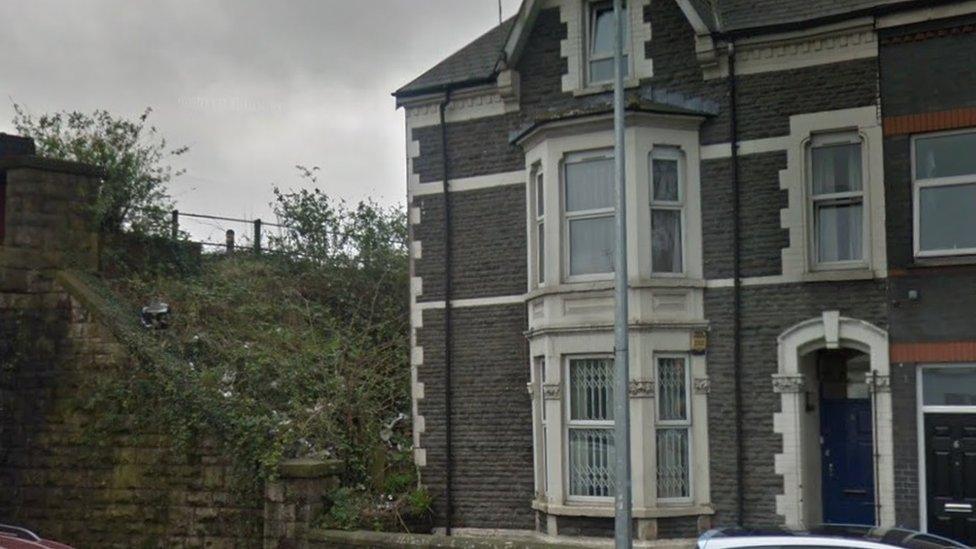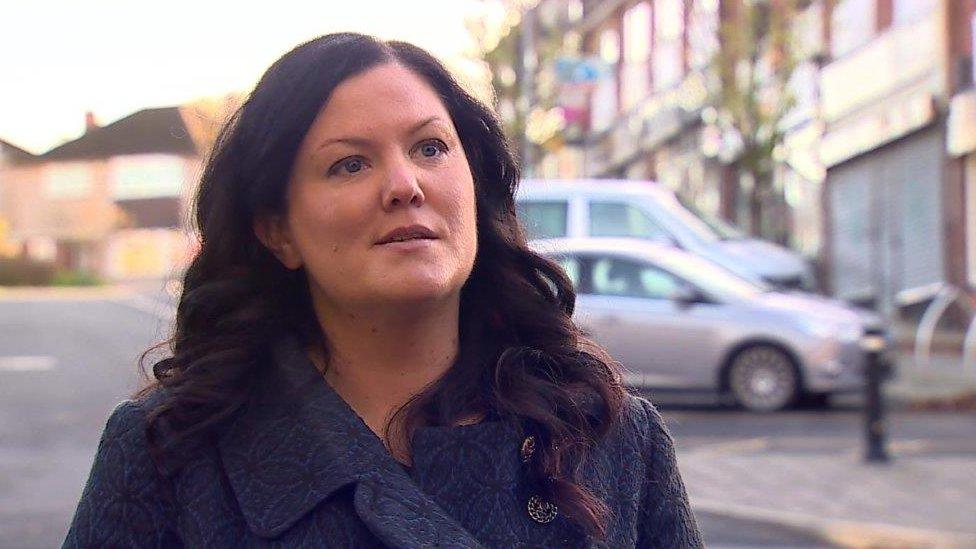Cardiff homeless shelter closure will cause 'negative outcomes'
- Published

The Nightshelter has provided more than 4,300 homeless people with accommodation in the past two decades
The closure of a homeless shelter in Cardiff will mean "negative outcomes" for the people who use it, a former support worker has said.
The Nightshelter, in Riverside, has provided emergency accommodation for rough sleepers for more than 20 years.
But the Wallich charity has decided to shut the shelter and turn it into supported accommodation.
The charity said its decision was due to the pandemic and major changes to how homeless people are supported.
The former support worker, who asked not to be named, told the Local Democracy Reporting Service the shelter was "currently the least chaotic and most intimate shelter in Cardiff, and many service users will only stay there".
Three staff members have been made redundant at the shelter, which has provided more than 4,300 homeless people with safe accommodation, a hot shower, laundry facilities and a cooked meal.
The shelter was threatened with closure in 2014, but campaigners raised more than £33,000 to save it.
The Wallich said those staying at the Nightshelter would be "rehoused appropriately" and would also receive support during the change.
Before the coronavirus pandemic, the shelter could take in up to 23 rough sleepers each night.
But social distancing rules have seen this reduced to 11 in its shared rooms, and the shelter has focused on long-term accommodation rather than night-by-night support.
'Saddened'
Elsewhere in the city, large new homeless hostels opened last year, including the YHA near Atlantic Wharf and Adams Court in Adamsdown, which offer separate rather than shared rooms.
The boss of the Wallich said she was "saddened" at the loss of the "historic facility", but explained the charity was moving away from shared rooms based on the recommendations of the Welsh government's Homelessness Action Group.

Wallich chief executive Lindsay Cordery-Bruce says the charity will "continue to help get people off the streets"
"We feel we can create new services which will serve the community in a different way," said chief executive Lindsay Cordery-Bruce.
"We will continue to help get people off the streets and end repeated cycles of homelessness."
Ms Cordery-Bruce said the charity would do "everything humanly possible" to find new opportunities for affected staff.